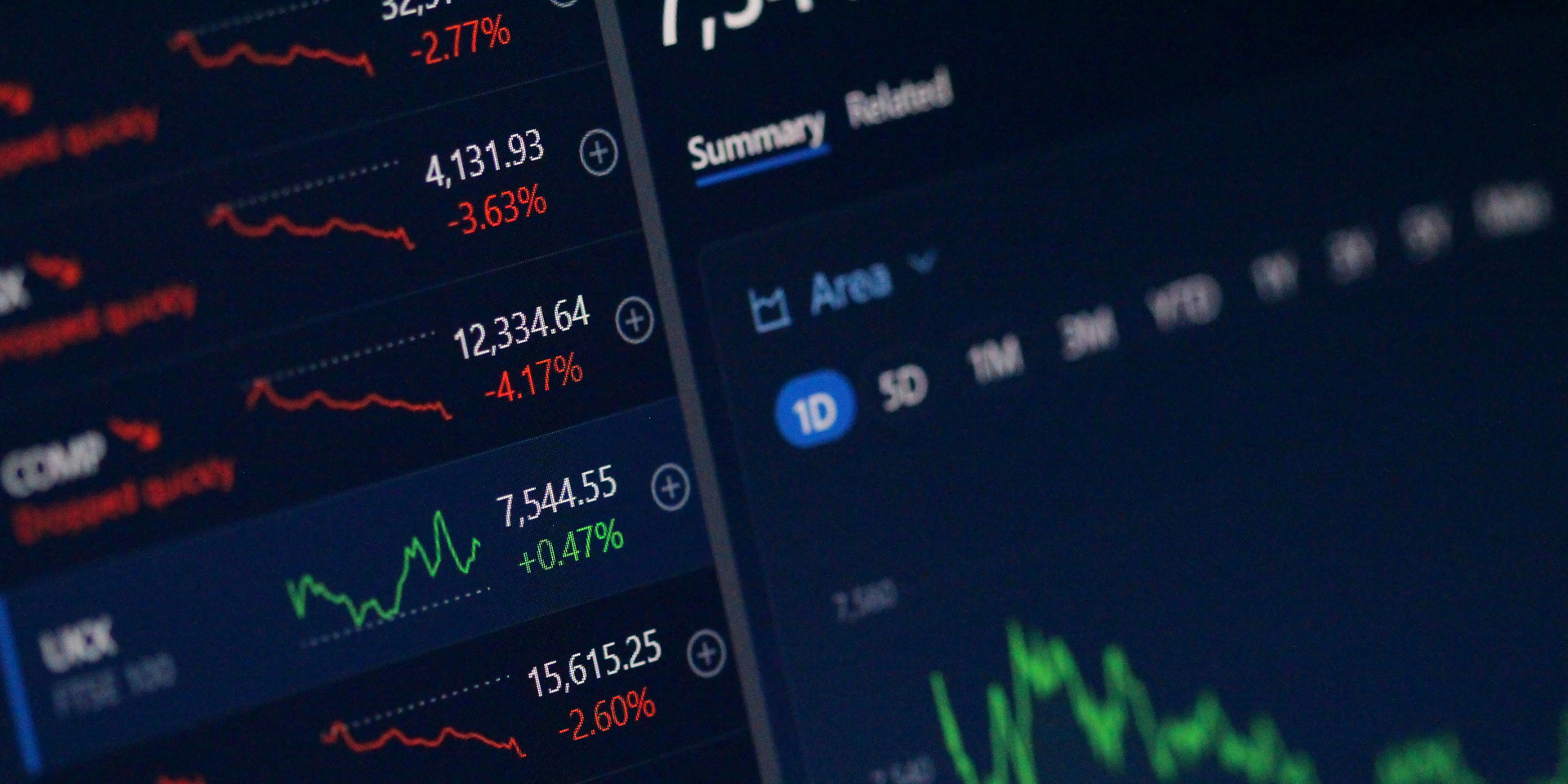Transformational companies integrate sustainability into the full lifecycle of product and service design, use and disposal. They advance sustainability through continuous improvement of core products and services.
This article spotlights “sustainable customer offerings”, one of 19 qualities of transformational companies that are demonstrably improving their social and environmental impact. This is original research conducted for CBSR, and part of a detailed guide on the qualities to be released later this spring.
Growing global resource constraints coupled with changing customer, investor and government expectations are driving companies to change the way they do business. They are redesigning existing product portfolios to reduce dependencies on dwindling, finite resources and investing in new products and services to increase sustainability. Further, innovative companies are re-imagining and re-tooling their business models and product and service designs to minimize adverse social and environmental impacts and generate positive impacts.
They set and invest in targets to improve the sustainability profile of their products and their customers. This includes environmental impacts, social impacts (e.g., worker, consumer and community) and the accessibility, usability and affordability of their products (e.g., applying universal design principles where products are accessible by all people regardless of income, ability, etc.).
Rather than a niche green product suite, these organizations express their sustainability commitments through core products and services that measurably improve people’s lives with a significantly better environmental footprint. Here are some of the approaches taken by transformational companies to provide cleaner, more efficient and socially equitable products:
- Shelf editing: a large UK do-it-yourself chain (B&Q) stopped selling patio heaters because of the negative environmental impacts. CVS Health, a large US retail pharmacy, stopped selling tobacco products because of its focus on health
- Divesting unsustainable business lines: focusing on healthier food offerings, Danone sold off a number of junk-food businesses (e.g. cookies)
- Buying up social and sustainable brands: Unilever bought Ben and Jerry’s, a global leader in social value ice cream products
- Giving prominent shelf space to more sustainable products: Walmart’s e-commerce site identifies 3,000 products made by more than 100 companies with a label that reads “Made by a Sustainability Leader”
- Virtualizing the product or offering it as a service: for example, virtual e-books and digital music and leasing lighting (Philips) and carpet services (Interface)
- Eliminating planned or perceived obsolescence to focus on durable products: Patagonia guarantees that it will repair any of its products for free over their lifetime
- Developing collaborative consumption and shared-ownership products to reduce consumption impacts: BMW’s DriveNow car-sharing mobility service is an example of this
- Consistently increasing the sustainability dimension of core products over time, or adopting strategies for all products to have one or more social or environmental sustainable features: BASF – the large global chemical company – is an example of the former with their “Sustainable Solution Steering” approach which takes a 360° view on the sustainability performance of their portfolio; L’Oréal’ is pursuing the latter method.
L’Oréal: One Company’s Sustainable Product Commitment
In 2013, L’Oréal committed that, by 2020, 100% of their products will have an environmental or social benefit. Practically, this means demonstrating improved impact over today’s performance in ways that are quantifiable, measurable and verifiable. By 2020, a product assessment tool will evaluate all new products based on their environmental and social profile and brands will make this information available to consumers to support making informed choices about sustainable consumption. According to the company, encouraging more responsible consumption – not only by reducing the impact of their products, but by involving consumers in this movement – is a major paradigm shift for their brands.
Becoming a Force for Good
Like L’Oréal, transformational companies focus on how to go beyond simply making their products less bad to becoming a force for social good. Seeking to do more than reduce the negative impacts (footprints) of their products, some companies calculate and accelerate their ‘handprint’ – the degree to which their customers’ footprint is improved through the use of their sustainably positive products or services.
Why is it important?
Increasingly, customers are demanding products and services that are produced and consumed in a socially and environmentally responsible way. Customers expect companies to contribute solutions to global social and environmental issues. Equally, businesses are operating in a resource-constrained world, with growing global competition for finite natural resources and a decline in the quality and integrity of the ecosystems that underpin them.
Companies that pursue strategies to improve the sustainability impacts of their core offerings will reduce and avoid social and environmental risks and enhance their social licence to operate and grow, while ultimately helping to create a more sustainable society. In so doing, they advance an industrial revolution that turns the making of things into a positive force for people, the economy, and the planet.


